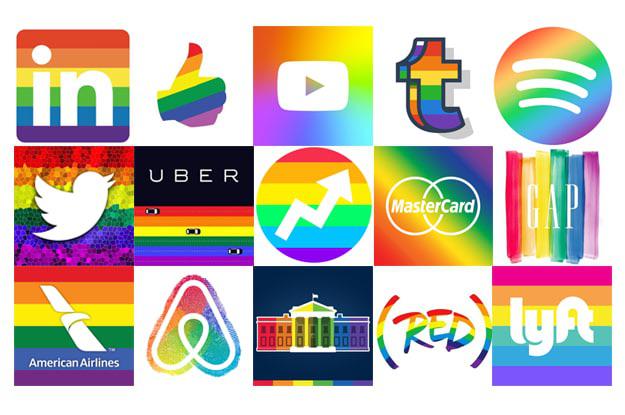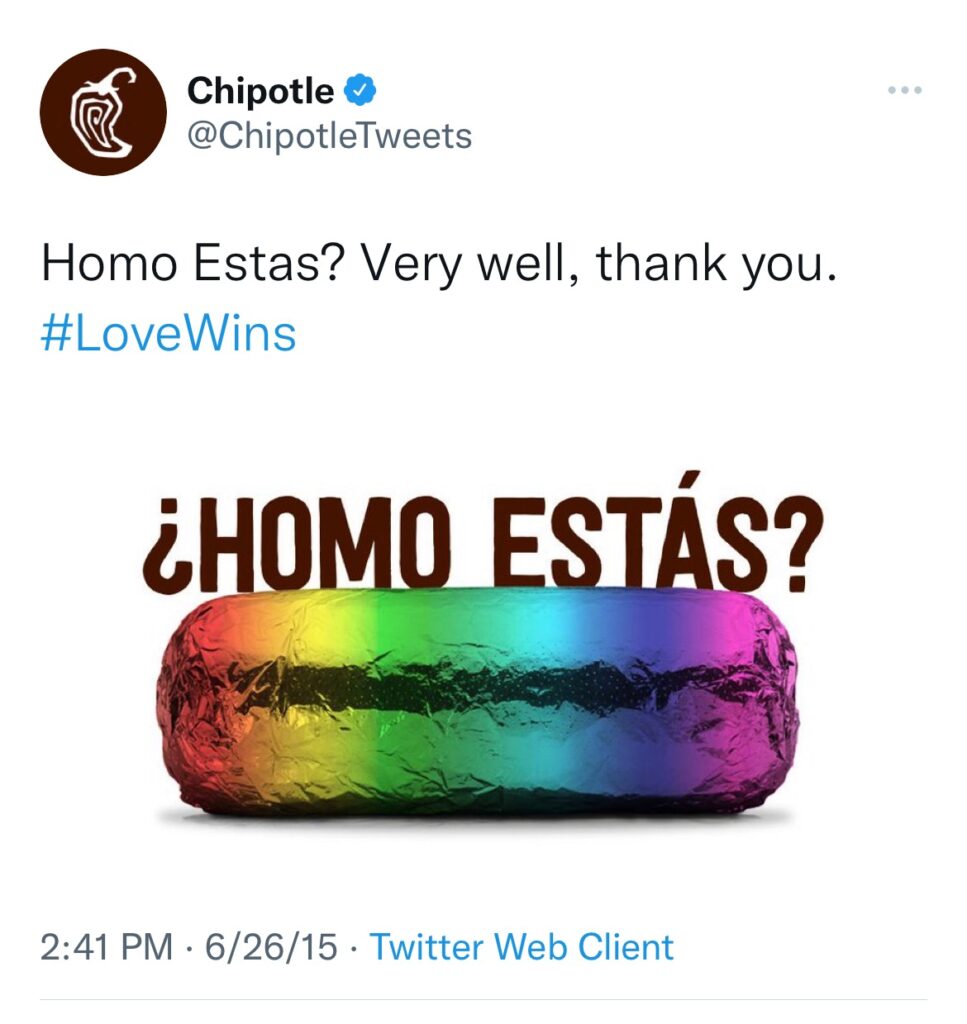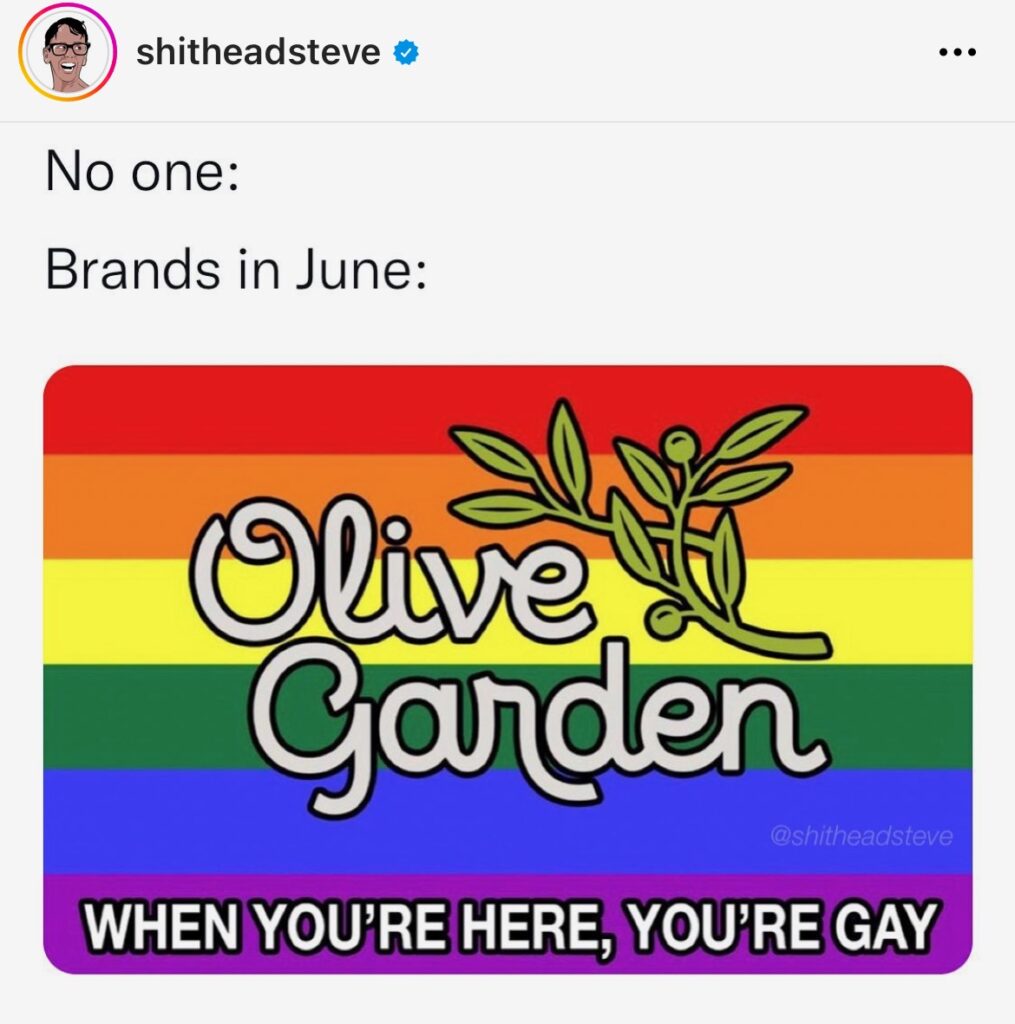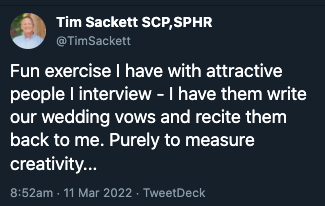I was over in London during the 4th of July holiday. I hosted the DisruptHR London event and attended RecFest 2022. The weather was very un-London like in that it was amazing!
This was my third time in London and every time I learn a little more:
London –
- Still the best mass transit system around. Nothing beats the Tube!
- London is a better New York. Big city. Big city stuff to do. Smells wonderful and seems like a smaller city. Flowers everywhere. There’s so much to see.
- Food is improving, but mainly that’s all the non-English food coming in.
- Shopping is funny in London. So many people from different countries and middle east tourists love the gaudy logo brand clothing! The gaudier the better! They wait in line to get into the biggest brand name stores! Like, you never have to ask what they are wearing, you can read it clearly across their chest! The English, tend to not be so loud about their dress.
- They still laugh at how much soda Americans drink, but that’s only because instead of drinking soda they drink the same amount of beer.
- The English men dress exponentially way better than American men on average. Also, almost none of them wear shorts. I had folks comment on my “American” shorts, mostly that it was too cold for shorts. It was in the ’70s every day.
- It’s one of the most diverse cities I’ve been to. You meet people from so many countries it’s unbelievable. And no one is complaining that England is trying to make the country their country. London is London, you came here, welcome to London. We’re going to stay being London, we hope you like it. If you don’t, you’re free to leave. That doesn’t mean they aren’t accepting and welcoming, they are. But they are also English, no matter your skin color or nationality.
- I had drivers from six different countries – Afghanistan, Italy, South Africa, Iraq, Norway, and Croatia. Each one was excited to talk about America and all couldn’t wait to go back or go for the first time. They seemed truly excited. Also, unfortunately, most wanted to go to Las Vegas or New York. To them that’s America! This wasn’t normal driver chit-chat, these folks really wanted to talk about America and many had stories of them trying to get to America, but England was easier.
DisruptHR London –
- Just an amazing group of HR professionals and speakers. The London HR crowd was so engaging.
- We struggled to get 200 folks to sign up. Which is strange, but it’s really about advertising and marketing. Everyone who came raved about the event, but almost 100% said they had never heard of it. It felt like we hammered the marketing for eight straight weeks. Also, this was actually the 16th DisruptHR London, so it begs the question of who was coming to the first 16?!
- If you’ve never done a 5-minute DisruptHR talk – as a speaker – it might be your greatest challenge! You must try one!
RecFest2022 –
- 4,000+/- Recruiting professionals at an outdoor festival. Jamie Leonard, the founder of RecFest, hates when I call it the world’s largest Recruiting party, but it is! It’s also a festival and conference and it’s amazing.
- It was a warm, sunny day, and I and like 50 other people had on our American shorts!
- Word is, RecFest might be coming to America in 2022, but if you have a chance to go over to London for RecFest 2023, it’s a must-do!
- People in the UK seem to love to queue (that’s standing in line, for Americans). When I arrived at the festival there were 1,000 people in the queue just waiting to get in! Eventually, they just opened the gates, then people went right back into the queue for coffee, food, and beer. I think the English just walk around looking to stand in a queue! That won’t work in America. Jamie and the crew will have to figure that out. If Americans stand in line for ten minutes, they’ll never come back!
- There is nothing like this anywhere in the world! The RecFest folks truly have something special on their hands.




